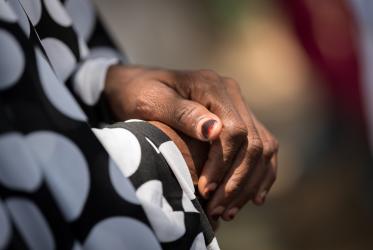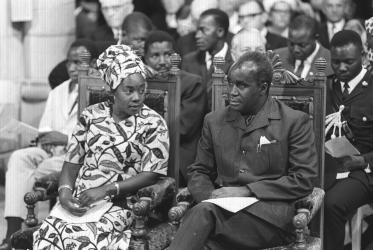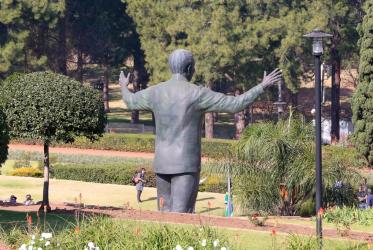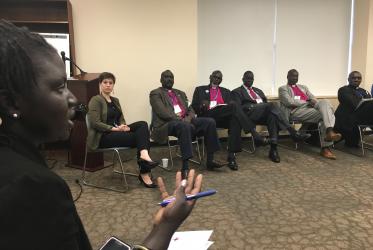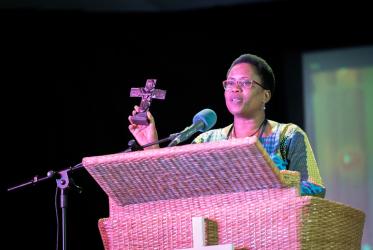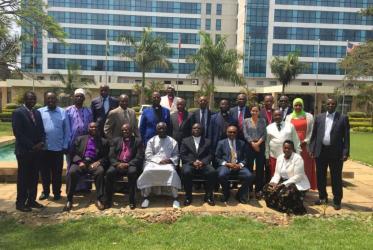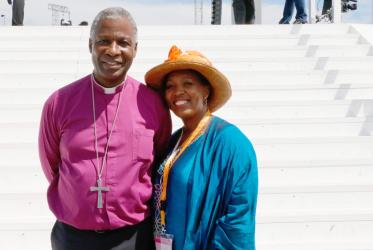Displaying 1 - 20 of 38
Rev. Kenneth Mtata reflects on journey of transition in Zimbabwe
20 September 2018
“Love will find a way”
23 August 2018
“Sending service” closes Arusha conference
13 March 2018
#WCC70: Churches as “freedom agents”
12 February 2018
Konrad Raiser shares ecumenical journey of transformation
06 February 2018


